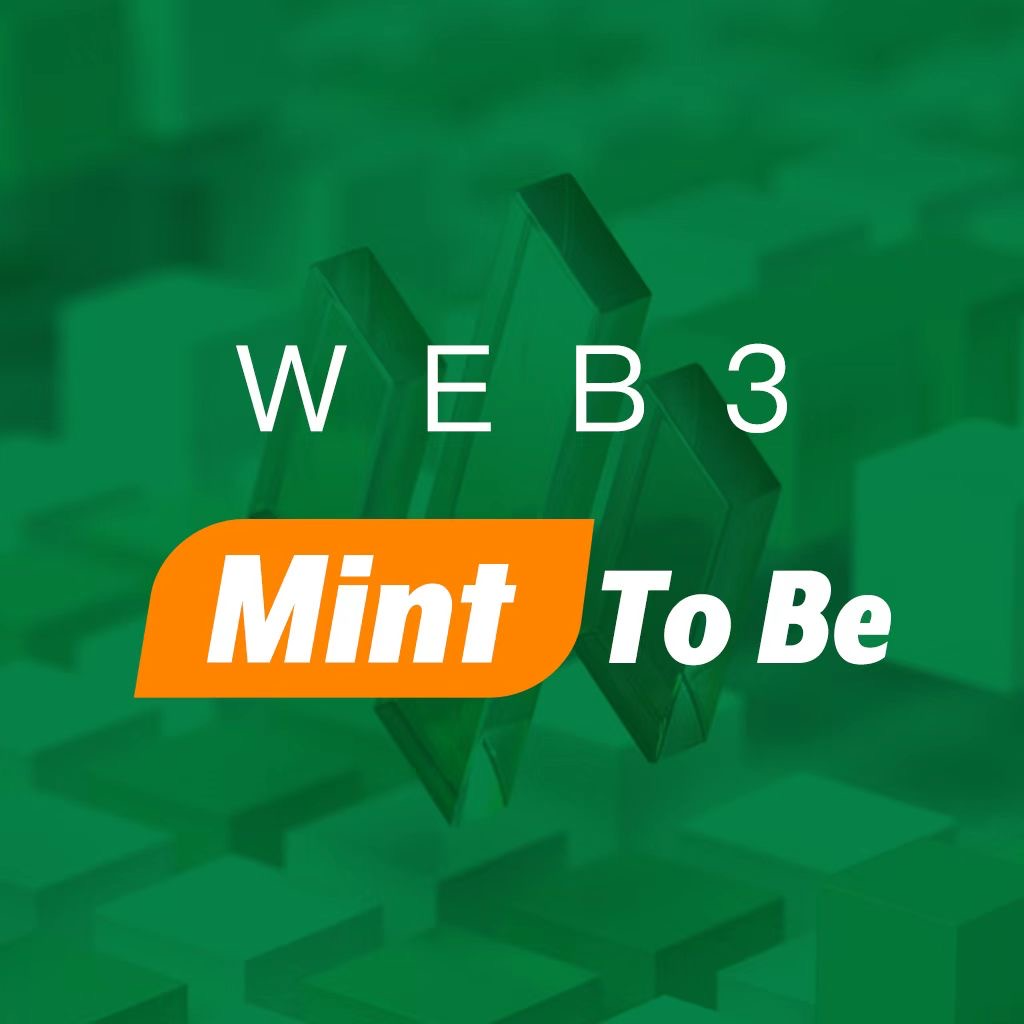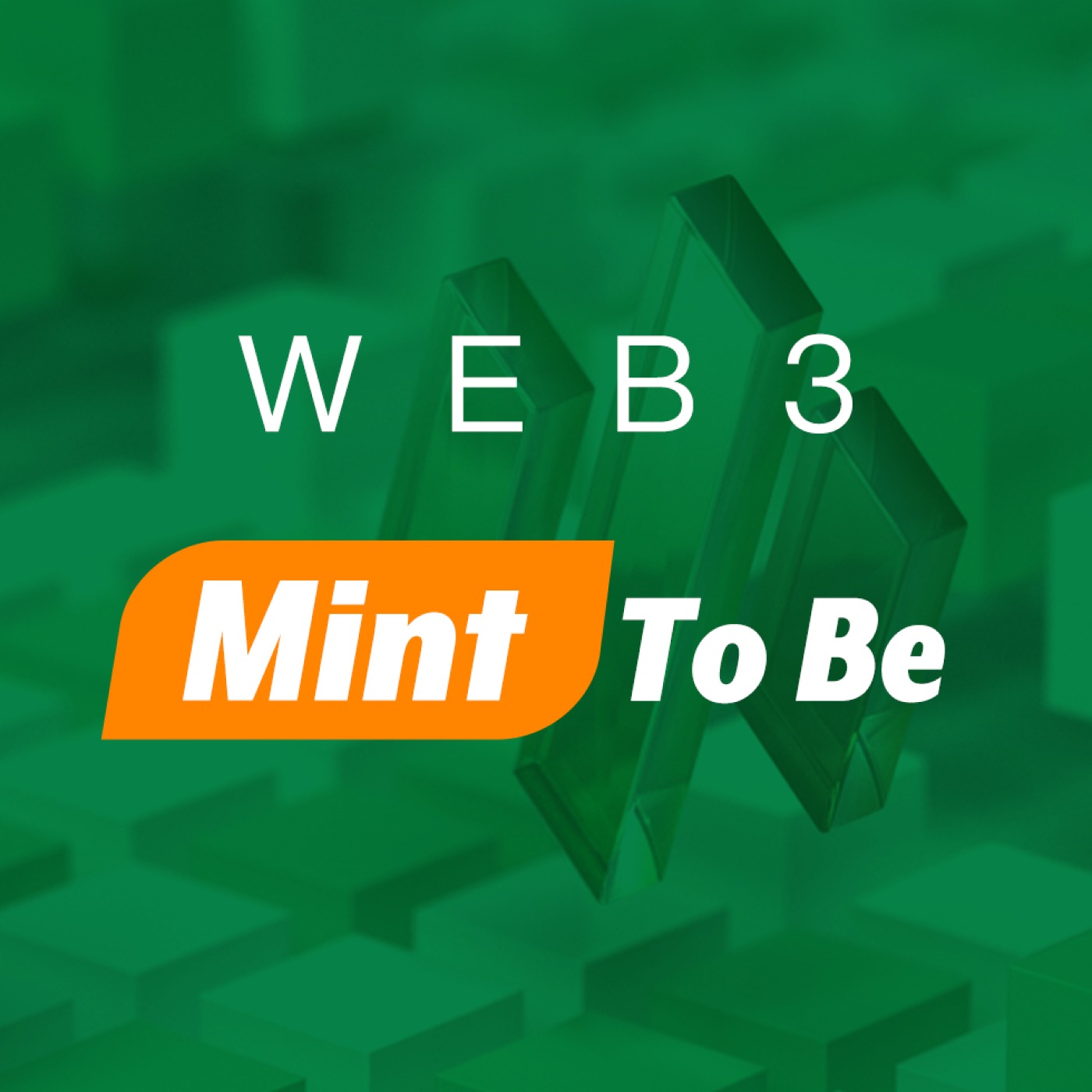
EP34:重新审视 Defi:Web3 商业模式最成熟赛道的现在和未来

WEB3 Mint To Be
Deep Dive
What is DeFi and how does it differ from traditional finance?
DeFi, or decentralized finance, is an expanded version of Bitcoin that includes all traditional financial services like trading, payments, and lending. Unlike traditional finance, which is heavily regulated and fragmented, DeFi operates on a permissionless, decentralized network, allowing for faster and more efficient information transfer, leading to significantly higher capital efficiency.
Why is DeFi considered more efficient than traditional finance?
DeFi eliminates the barriers and inefficiencies of traditional finance, such as regulatory hurdles and national boundaries, by allowing information to be transmitted at the speed of light. This results in a more streamlined and efficient financial system where transactions and services can be conducted globally without the need for intermediaries or permissions.
What are the key components of DeFi that have remained consistent over time?
The foundational components of DeFi, often referred to as 'primitives,' include stablecoins, automated market makers (AMMs), and lending protocols. These elements have remained consistent since their inception in 2019, with subsequent innovations building upon these core principles.
How has the DeFi landscape evolved since its inception?
The DeFi landscape has evolved from a focus on decentralization to a broader emphasis on permissionless access and efficiency. While the core components like stablecoins, AMMs, and lending have remained, there has been a rise in new applications and hybrid models that combine decentralized and centralized elements, leading to increased innovation and adoption.
What are the potential future developments in the DeFi space?
Future developments in DeFi may include the integration of traditional financial services with decentralized protocols, the emergence of new financial instruments like perpetual contracts, and the continued evolution of hybrid models that blend decentralized and centralized finance. Additionally, advancements in blockchain infrastructure could enable more complex and high-frequency financial applications.
What challenges does Solana face in competing with Ethereum in the DeFi space?
Solana faces challenges in competing with Ethereum due to Ethereum's established network effects, security, and developer ecosystem. Ethereum's long-standing presence and the trust it has built over time make it difficult for Solana to quickly attract significant DeFi activity, despite its technical advantages like faster transaction speeds.
How does the Move programming language compare to Solidity in DeFi development?
Move offers certain advantages in terms of security and expressiveness, but Solidity's extensive developer ecosystem, tooling, and real-world testing make it a more mature and reliable choice for DeFi development. The network effect and accumulated experience with Solidity create a high barrier for new languages like Move to gain widespread adoption.
What impact could U.S. political changes have on the crypto and DeFi industries?
U.S. political changes, particularly with a pro-crypto administration, could lead to more favorable regulations and increased adoption of cryptocurrencies and DeFi. However, the politicization of crypto could also create risks, as future administrations may reverse policies, leading to uncertainty in the industry.
What are the potential implications of Bitcoin being adopted as a national reserve asset?
Adopting Bitcoin as a national reserve asset could challenge the dominance of the U.S. dollar as the global reserve currency. While some view Bitcoin as a hedge against fiat currency debasement, its adoption at a national level could face significant political and economic resistance due to its decentralized and non-sovereign nature.
What are the key factors to consider when investing in DeFi projects?
When investing in DeFi projects, key factors to consider include the project's innovation, security, brand strength, and ability to adapt over multiple market cycles. Projects with a strong track record of continuous improvement and a solid reputation are more likely to succeed in the long term.
- DeFi是传统金融的扩展版本,包含了传统金融中所有可接触到的金融体系,如交易、支付和借贷。
- DeFi将金融还原为信息论的角度,信息以光速传递,而传统金融的信息传递则受到各种关卡的阻碍。
- DeFi的效率比传统金融高出成千上万倍,因为它消除了国际壁垒和监管障碍。
Shownotes Transcript
欢迎大家收听由Mint Ventures发起的播客【 WEB3 Mint To Be 】 本期节目是“Web3 赛道的现状和未来”系列播客的第二期,我们邀请到 DeFi 领域的 OG 民道老师)来一起聊聊 Defi 这个 Web3 商业模式最成熟赛道的现在和未来。在后续的系列节目中,我们还会邀请对应的嘉宾来聊 Defi、Meme、公链、Depin、游戏&社交、Payfi,以及 web3 政策的相关话题。 时间线: 0:01:11 对 Defi 的理解和阐释
0:06:26 对 Defi 赛道现状的看法
0:13:45 Defi 的潜力空间与演进方式
0:18:37 Solana 上的 Defi 发展的限制因素
0:23:46 MOVE 语言的优势所在
0:27:14 美国政局更迭对加密领域的影响
0:32:11 比特币进入国家财政的进程猜想
0:35:22 大公司购买 Defi 项目的可能性
0:45:22 印象深刻的项目和评判维度
0:54:58 配置 Defi 项目的原则
- 播客文字版链接:EP23:重新审视Defi:Web3商业模式最成熟赛道的现在和未来)
重要声明:主持人或者嘉宾在播客中的观点仅代表他们的个人看法。此播客仅用于提供信息,不作为投资参考。